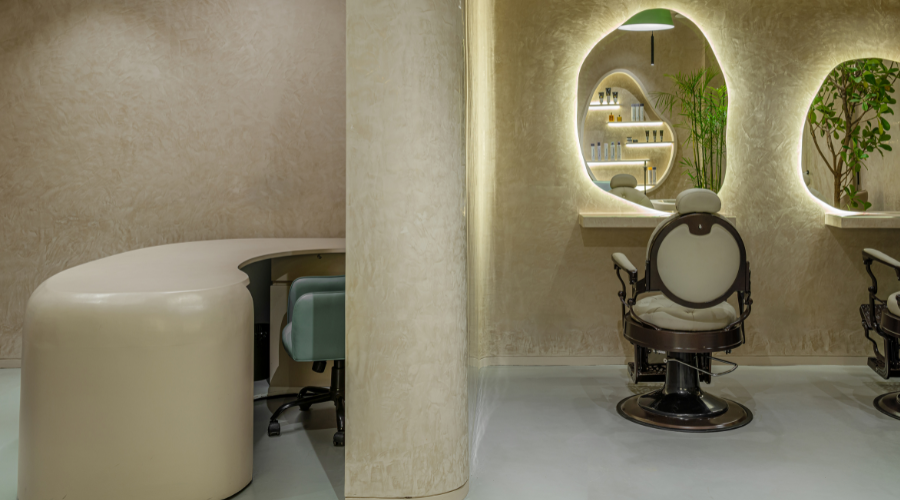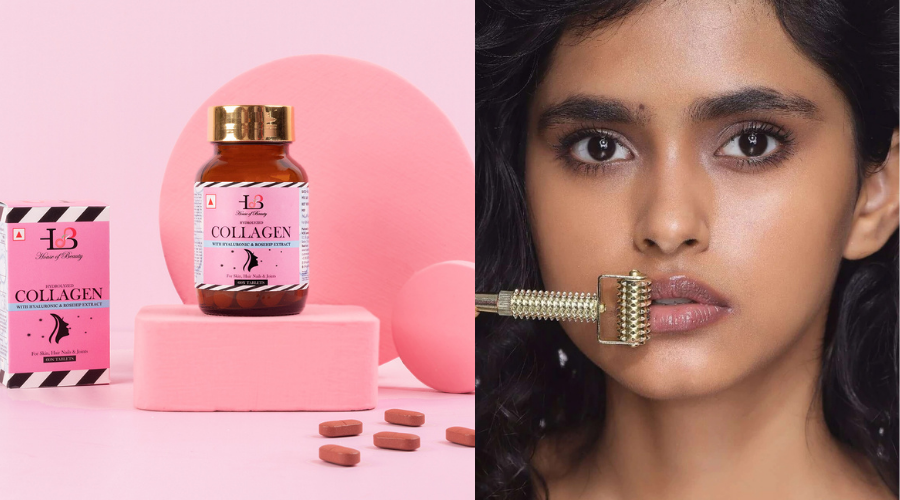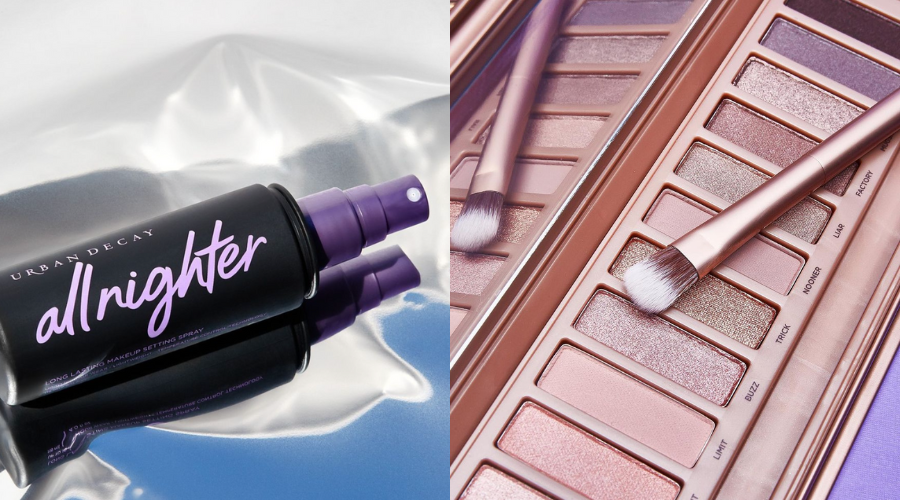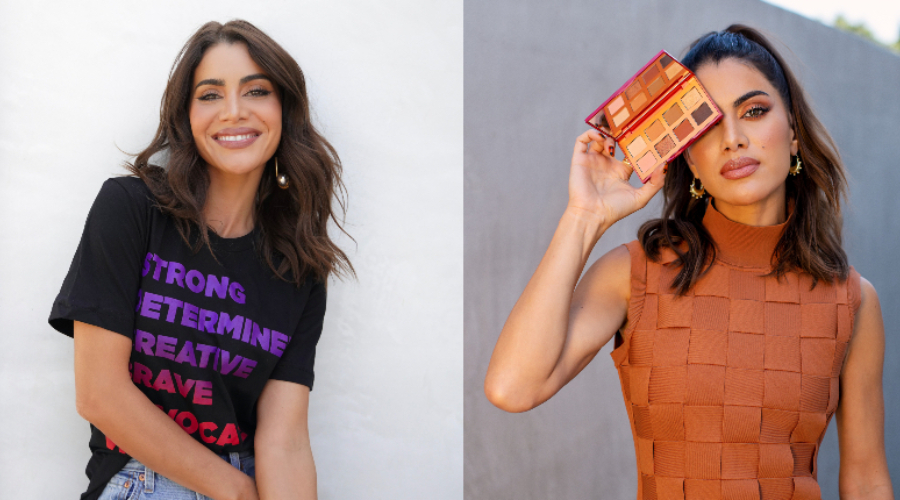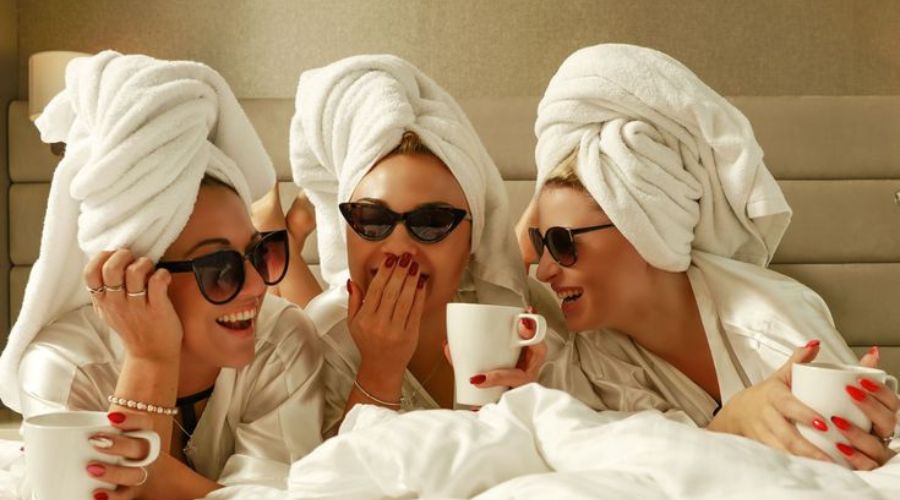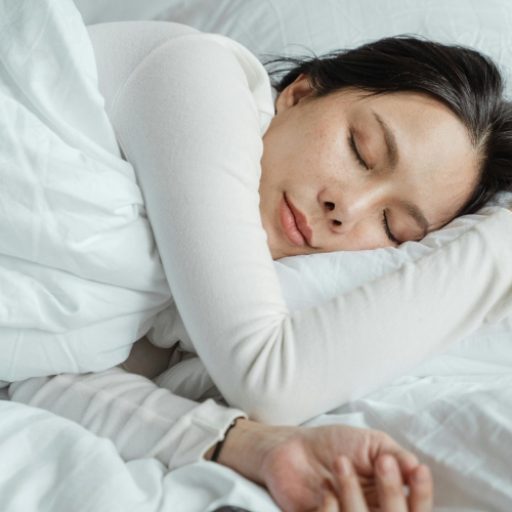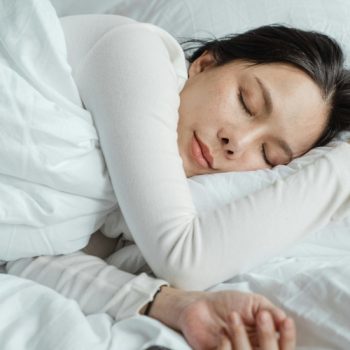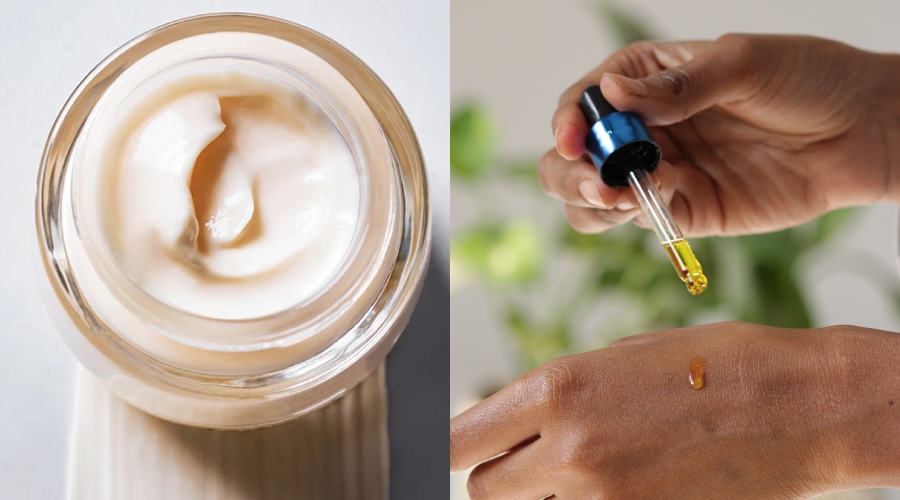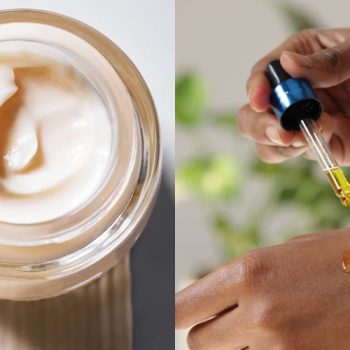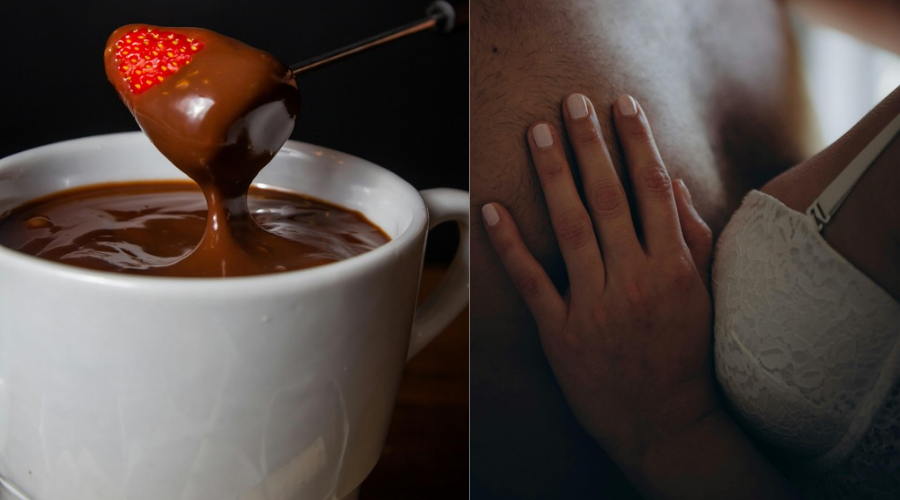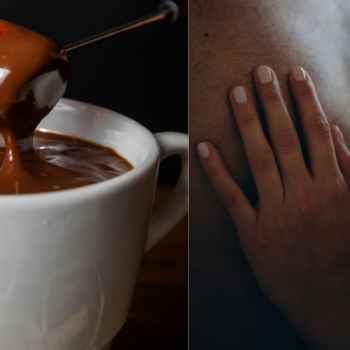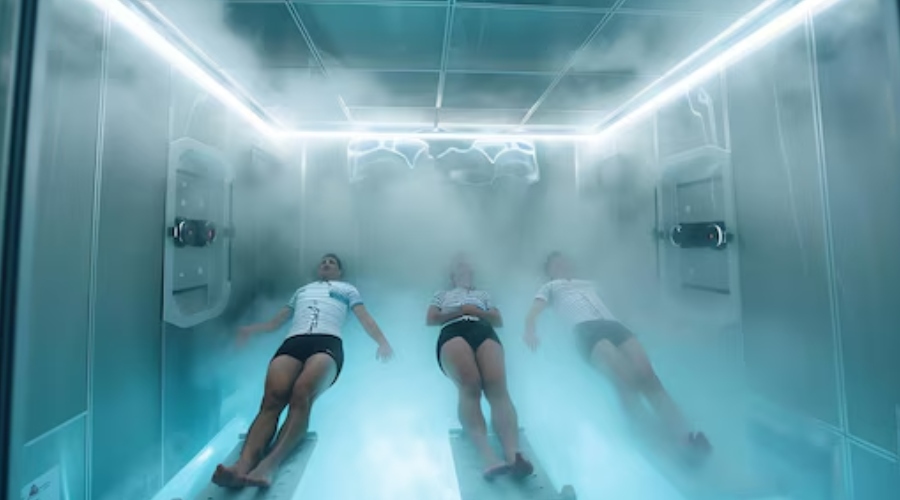When I turned 14, I got my very first pimple. Flooded by recommendations on the internet, I was overwhelmed with the remedies that ended up destroying my skin. Regretting it the very next day, my mother took me to see a dermatologist, who helped me understand the basic do’s and don’ts of skincare.
To save you from the wrath of the internet and any modern-day snake oil salesman, we consulted five renowned dermatologists to discuss your concerns about teenagers using skincare.
Right Age For Teenagers to Start a Skincare Routine
Cosmetic dermatologist, Ra Aesthetics & Dermatology and founder of Solskincorp, Dr Rashmi Shetty expresses that there isn’t a specific age to start taking care of your skin. Skincare usually starts from birth, when mothers carefully select the right body wash and shampoo; the entire practice adds to the overall health of the skin.
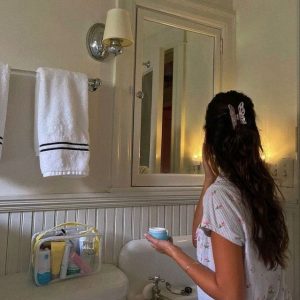
As we grow older, it becomes more daunting when it comes to building a routine that specifically works for our skin type. I was always a firm believer of overcrowding my bathroom cabinet with the most sought after products but when I visited my dermatologist, she insisted I keep it simple and let my skin breathe.
Seconding this, Dr Aanchal Panth, MBBS and MD Dermatologist, highlights that a simple skincare routine consisting of a cleanser, moisturiser and sunscreen should be started as early as 10 years.
Ingredients to Look Out For
With every teenager jumping on the bandwagon of having the most trending products, there’s been a massive increase in blind purchases, rather than understanding the ingredients required for their skin type. Dr Jenny, MA FAAD, suggests using products that are fragrance-free, non-comedogenic, and formulated for their skin type is more vital than trying to focus on a particular ingredient. Most teenagers are experiencing issues as they venture through puberty. “Cleaning with a gentle cleanser, and having a toner that balances the pH can be a great start. A non-comedogenic moisturizer will be a great addition, especially if they are using prescription products to combat skin blemishes. Finally, glycolic or salicylic acid, which helps with keeping the skin clear,” says Dr Tanya Kormeili, MD, board-certified dermatologist in Santa Monica about the key ingredients to look out for.
With a variety of sunscreens available on the market, Dr. Adeline Kikam, DO, Msc and FAAD recommends using a broad-spectrum sunscreen with an SPF of at least 30 or higher and a broad spectrum against UVA and UVB every morning, even on cloudy days.
Addressing Common Misconceptions
Less is more, which should be the very motto that we should follow when it comes to caring for our skin. We’ve all been victims of not being gentle, which has damaged our skin barrier. There was a time when I used to use toothpaste as a spot treatment. It’s not something I’m proud of, but we learn from our mistakes (NEVER AGAIN)!
Dr Tanya explains that the biggest mistake is following fads on social media and trying to do it yourself when it comes to skin issues. “Often, with a few visits to a dermatologist, the issue can be easily resolved. Yet, the complications of DIY chemical peels and extractions can leave skin discolouration that lasts years and is very expensive to correct,” she adds.
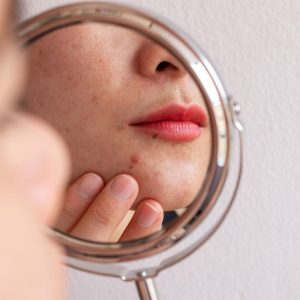
Contrary to our beliefs, we’ve heard that acne is usually caused by exterior factors such as pollution, dirt, and poor hygiene. While skincare plays a vital role in maintaining the surface, maintaining a healthy diet and lifestyle are major contributors to the overall wellness of our skin. Weighing in on this, Dr Rashmi explains that teenagers should avoid practices like steaming, exfoliation, and harsh scrubbing, as these can eventually harm the skin. “Importantly, their foundation lies in recognising the impact of diet on overall well-being, emphasising proper nutrition, reducing sugar intake, avoiding processed foods and sodas, and paying attention to individual gut reactions for healthier skin,” she further adds.
Lifestyle Habits That Complement A Skincare Routine
Skincare goes beyond using your favourite serums; it encompasses lifestyle habits that can significantly enhance the efficacy of any regimen. From the fundamentals of hydration and diet to the basics, such as quality sleep and stress management, each habit intertwines with the next, contributing to a healthy skin barrier. Dr. Rashmi Shetty advises to establish consistent sleep patterns and limit the use of electronic devices, as it’s blue light can disrupt hormones and sleep cycles
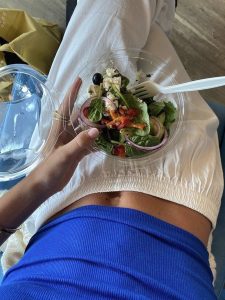
They all also agree that cleansing your skin before you sleep is an absolute must and falling asleep in makeup can result in breakouts. As a grown up 22 year old, I stand by these recommendations and wish I could’ve implemented this sooner.
In all, a healthy routine during the teenage years lays the foundation for well nourished skin. Beyond the quest for clear skin, these habits cultivate towards well being that echoes far in your adulthood.

